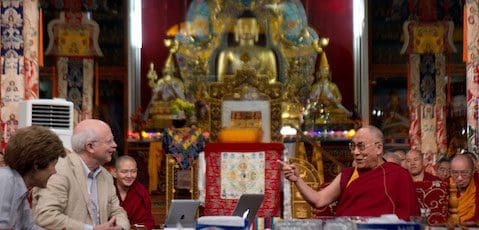Filmed during Mind & Life Institute’s “Mind & Life XXVI: Mind, Brain and Matter” on January 17, 2013.
Day One: Introduction
Since he was a youth, His Holiness the 14th Dalai Lama has had a personal interest in modern science and technology. Over many years, this interest has led to the conviction that recent developments in the areas of modern physics, neuroscience and consciousness studies are of genuine importance for Buddhist thought. The Dalai Lama began the week-long meeting between the two great traditions of science and Buddhism by describing his perspective on why the dialogue between them is of real significance both for monastic scholars and for scientists.
Why Dialogue? Buddhist and Scientific Perspectives
SPEAKERS: His Holiness the Dalai Lama, Arthur Zajonc, PhD, & Richard J. Davidson, PhD
For many years, physicist Arthur Zajonc and neuroscientist Richard Davidson have worked with the Dalai Lama at the intersection of contemporary science and Buddhist thought. They offered their views on the power of this dialogue, and its significance for themselves and their work. This has led to larger questions of wider importance. Why are Western scientists interested in a dialogue with Buddhism or the contemplative traditions more generally? What are the areas of science where this dialogue has been felt to be most fruitful, and why? What can Buddhist scholars and monastics potentially contribute to the work of Western science, why should they be motivated to do so, and is the worlatot testeihin science, waysho what has been accomplished so far? In addition, Zajonc and Davidson explored some elementary perceptual puzzles that demonstrate the methods, insights, and also the limits, of physics, neuroscience and consciousness studies. In particular, what can one learn about the significance of context and relationship for observation and cognition generally? Where does physics leave off and the science of the mind begin? What is the difference between them, and how are they related?
MODERATOR: Anne Harrington, PhD
INTERPRETER: Thupten Jinpa, PhD
The Sweep of Science: Mind, Brain and Matter
SPEAKERS: Thupten Jinpa, PhD, Arthur Zajonc, PhD, Anne Harrington, PhD, and Wendy Hasenkamp, PhD
Thupten Jinpa began the afternoon with a presentation establishing conceptual links between the two investigative traditions of Buddhist thought and contemporary science, drawing especially on key aspects of classical Buddhist epistemology. Questions in the philosophy of science, such as the relationship between scientific claims and truth, scientific method and its legitimate scope, and the central role of observation, hypothesis and experiment verification in science will be addressed and contrasted with relevant notions in classical Buddhist philosophical inquiry. Physicist Arthur Zajonc, neuroscientist Wendy Hasenkamp and historian Anne Harrington followed up the questions and insights offered by Thupten Jinpa, by providing an orientation to the specific areas of science that will be the focus of the dialogues for the week: physics, neuroscience, and consciousness studies. While each of these fields of science shares methods and epistemological assumptions with the others, each also has its own story, its own preferred methods, and its own animating questions. Together, Zajonc, Hasenkamp and Harrington aimed to tell these background stories. How does physics think about and investigate the nature of material reality? How do neuroscientists study the brain, and why do they think it is the organ of mind? Where does consciousness fit into the world picture of Western science?
MODERATOR: Diana Chapman Walsh, PhD
PANELISTS:
Tenzin Gyatso
Michel Bitbol
Khen Rinpoche Jangchup Choeden
Richard Davidson
Sona Dimidjian
James R. Doty
John Durant,
Wendy Hasenkamp
Bryce Johnson
Geshe Lhakdor
Rajesh Kasturirangan
Christof Koch
Geshe Dadul Namgyal
Lobsang Tenzin Negi
Vijayalakshmi Ravindranath
Matthieu Ricard
Geshe Ngawang Samten
Tania Singer
Aaron Stern
Carol Worthman
Participants
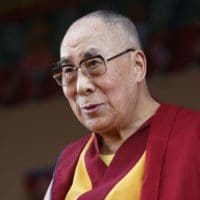
His Holiness the 14th Dalai Lama
Honorary Board Chair
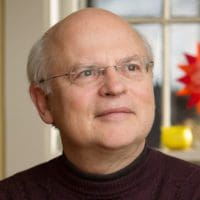
Arthur Zajonc, PhD
Mind & Life Institute
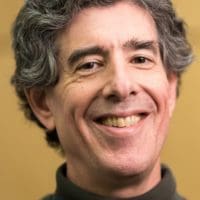
Richard J. Davidson, PhD
William James and Vilas Research Professor of Psychology and Psychiatry and Founder & Director of the Center for Healthy Minds, University of Wisconsin-Madison. Founder and Chief Visionary for Healthy Minds Innovations, Inc.

Anne Harrington, PhD
Harvard University
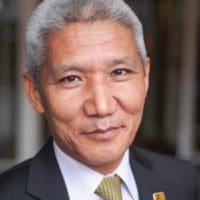


Diana Chapman Walsh, PhD
Wellesley College

